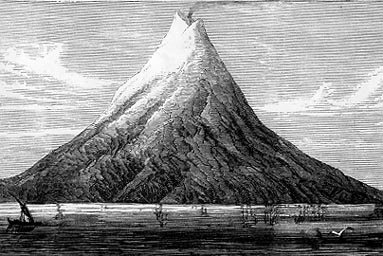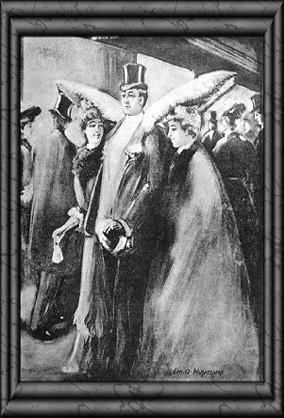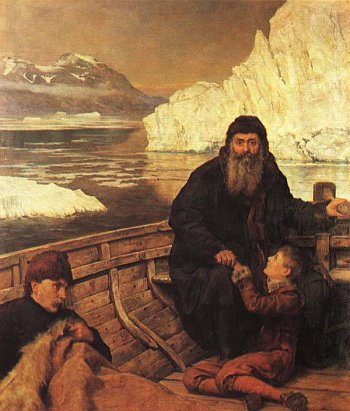The ‘Mermaid,’ Colonial Government cutter, left Sydney for Raffles Bay, but on entering Torres Straits she got on shore, and was lost. All on board were saved upon a rock. In three days afterwards the ‘Swiftsure,’ Captain Johnson, which sailed from Tasmania, hove in sight, and took on board the captain and crew of the ‘Mermaid,’ but in three days she also got on shore, and was wrecked. Two days afterwards the ‘Governor Ready,’ also from Hobart Town, Tasmania (April 2), passing within sight, took the shipwrecked people belonging to the ‘Mermaid’ and ‘Swiftsure’ on board; but was itself wrecked on May 18, but all the people saved by taking refuge in the long boats. The ship ‘Comet,’ also from Tasmania, soon after took the whole of the collected crews of the lost ships ‘Mermaid,’ ‘Swiftsure,’ and ‘Governor Ready’ on board, but was herself wrecked, but all hands saved. At last the ship ‘Jupiter,’ from Tasmania, came in sight, and taking all on board, steered for Port Raffles, at the entrance to which harbour she got on shore, and received so much damage that she may be said to have been wrecked. 1829.
— John Henniker Heaton, Australian Dictionary of Dates and Men of the Time, 1879




